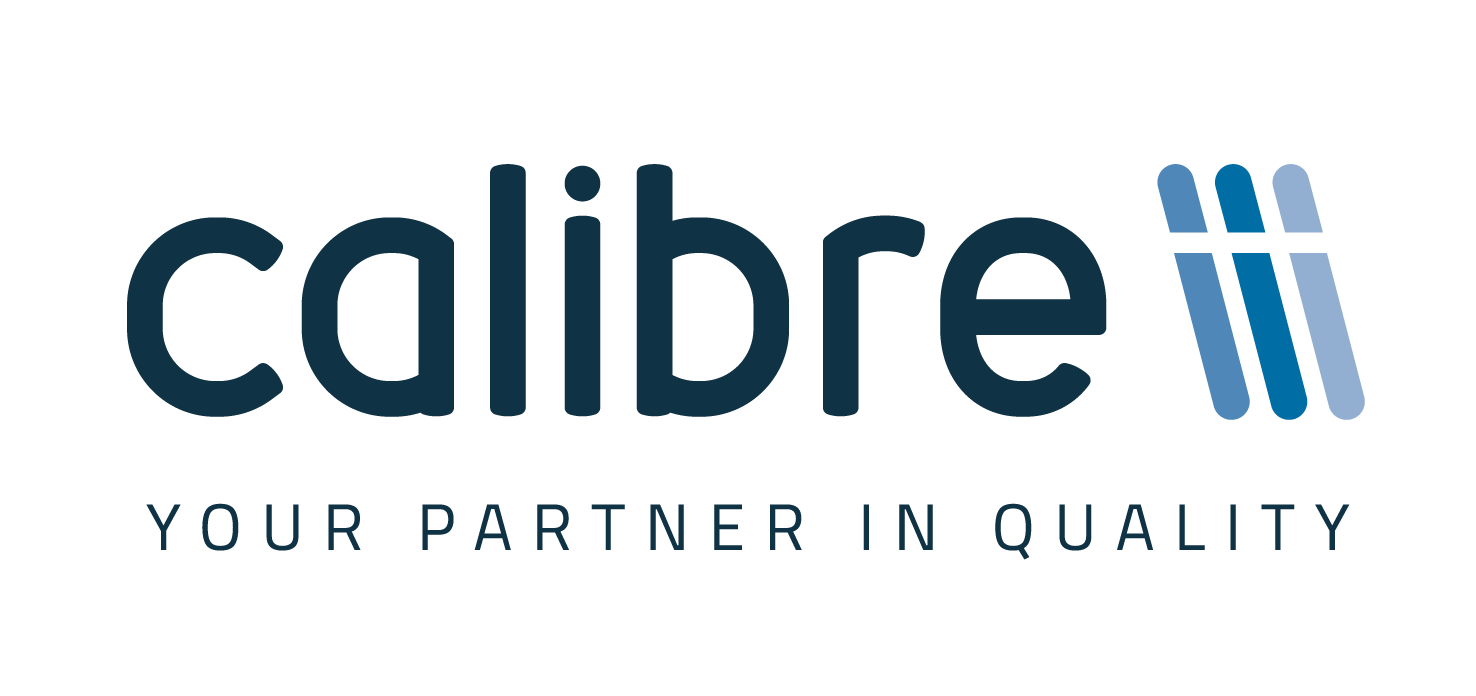How to reduce calving season stress
Reducing stress in your herd of cattle is never more important than during calving season.
This is a crucial stage in the British dairy or beef farming year because it lays the foundations for the next 12 months.
A farm’s profitability is closely linked to factors including breeding herd management, the number of healthy calves born, and the quantity and quality of milk or meat produced.
However, all of these can be impacted by potentially deadly calving stress.
Stress in calving season occurs because it is a period of intense activity and filled with challenges.
At Calibre Control, we help farmers to uphold British farming’s high standards, so understand how important calving season is.
In this post, we’ll discuss calving season challenges and suggest practical steps to combat calving stress, including the use FerAppease.
We’re the official UK distributor of this pioneering cattle calming solution.
What is calving season?
According to Defra, 1.7 million female bovines are used for breeding in England alone.
Calving season is the difficult, yet rewarding, period when cows deliver calves.
It typically spans late February to April, with calving peaking in March, but can continue until mid-May.
Lush spring grass supports lactating bovines and mild weather helps to keep calves warm.
Some farms have an autumn calving season (September to November), while another option is all-year-round calving.
Calving stress can occur whenever bovines give birth.
Common causes of stress during calving season
Stress in calving season stems from the tremendous changes taking place.
Calving season encompasses transition, during which cows experience rapid foetal growth, potentially long, difficult deliveries and the onset of lactation.
Not only that, many calves are removed soon after birth.
As Farmers Weekly remarks, levels of the stress hormone cortisol are ‘elevated before, during and after calving, making a cow edgier than normal’.
Stressed cattle are restless and uncooperative; they may lose weight, become less fertile, produce smaller calves and less milk, fall ill and even die.
Common causes of calving stress include:
· Overcrowding
· Inadequate nutrition
· Labour and its complications
· Moving cattle while they’re calving
· Removing calves
· Calving season health problems, such as milk fever
Five tips to reduce stress in cows during calving season
‘Improving cow comfort and reducing cow stress is now seen as a given route to improving production as well as animal welfare,’ emphasises the Farm Advisory Service.
The following tips can help farmers to reduce stress in calving season and thereby protect herds and profits.
1. Devise a nutrition management plan
By devising a nutrition management plan that includes high-quality forage and concentrates, you’ll help cattle cope better with calving season.
Pay attention to their diet’s nutritional value to ensure cows consume enough protein, vitamins and minerals (selenium is vital to reproductive health) to produce strong calves and superb milk.
2. Create a hygienic, comfortable calving area
Calving pens need to be cleaned, disinfected and bedded with straw.
Kneeling down helps you to check they’re dry and free of draughts. Water and silage should be readily available.
Moving cows to pens before advanced labour also reduces stress in calving season.
3. Approach newly-calved cows with caution
Newly-calved cows are particularly jittery and aggressive.
To reduce calving stress, only approach them when absolutely necessary and extremely cautiously. Always have an escape route planned.
Approach a bovine from the side, never from behind.
Speak softly, avoid sudden movements, and back away if she angrily swishes her tail.
4. Manage the separation of mother and calf sensitively
Removing a dairy calf from its mother within 24 hours facilitates milking and reduces the risk of illness and injury.
However, doing so abruptly creates calving stress.
Instead, place the calf in a small compartment next to the pen called a cuddle box. The cow can clean her offspring, they can be fed, and then the calf can be removed calmly.
5. Use FerAppease for calmer, more productive cows
FerAppease is invaluable to many dairy or beef farmers, especially during calving season.
This cattle calming solution contains a synthetic analogue of Maternal Bovine Appeasing Substance (mBAS), a soothing pheromone secreted by lactating cows. It reduces threat perception, cortisol levels and extreme reactions, leading to healthier, more productive cattle.
UK trial results are impressive; for example, after FerAppease was administered during transition and calving on two robot farms, cows produced significantly more milk, including peak daily average levels of 2-4L more per animal.
FerAppease has no known side effects, and each application lasts 14 days.
Reduce calving season stress with FerAppease
When you want to combat calving stress while potentially boosting productivity and profits, choose FerAppease cattle calming solution.
Reduce stress in calving season – order FerAppease from Calibre Control today.
